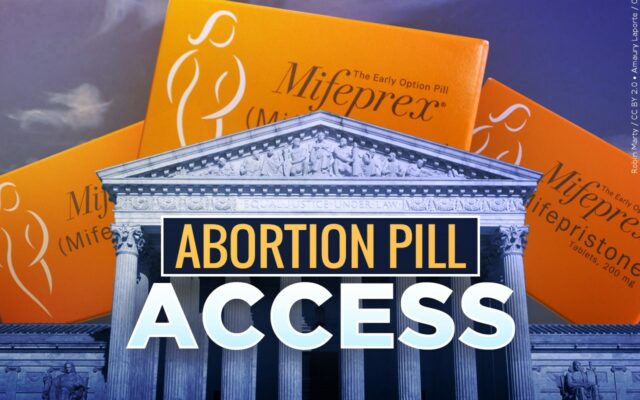What You Need to Know About the Controversial Abortion Pill Mifepristone

The Supreme Court’s recent decision to freeze lower-court rulings on mifepristone has renewed the debate on the safety and efficacy of the controversial abortion pill. Mifepristone, also known as Mifeprex, is one of two drugs used in a medication abortion and has been the subject of legal battles for years.
While supporters of mifepristone argue that it provides a safe and effective alternative to surgical abortion, opponents claim that the drug poses significant health risks to women and is responsible for killing unborn babies.
According to the FDA, mifepristone is approved for use up to 70 days after the start of a woman’s last menstrual period. It works by blocking the hormone progesterone, which is necessary for a pregnancy to continue. This causes the uterine lining to break down, resulting in the termination of the pregnancy.
While mifepristone has been used safely and effectively by millions of women worldwide, opponents argue that it can cause severe bleeding, infection, and even death in rare cases. They also claim that it has killed millions of unborn babies, although this figure is highly contested.
The Supreme Court’s decision to freeze lower-court rulings on mifepristone means that its FDA approval and accessibility will remain in place while appeals play out. This decision will likely continue to fuel the heated debate surrounding the use of mifepristone and its impact on women’s reproductive rights. For more information, Lars speaks with Arina Grossu, a fellow with the Center on Human Exceptionalism at the Discovery Institute.
